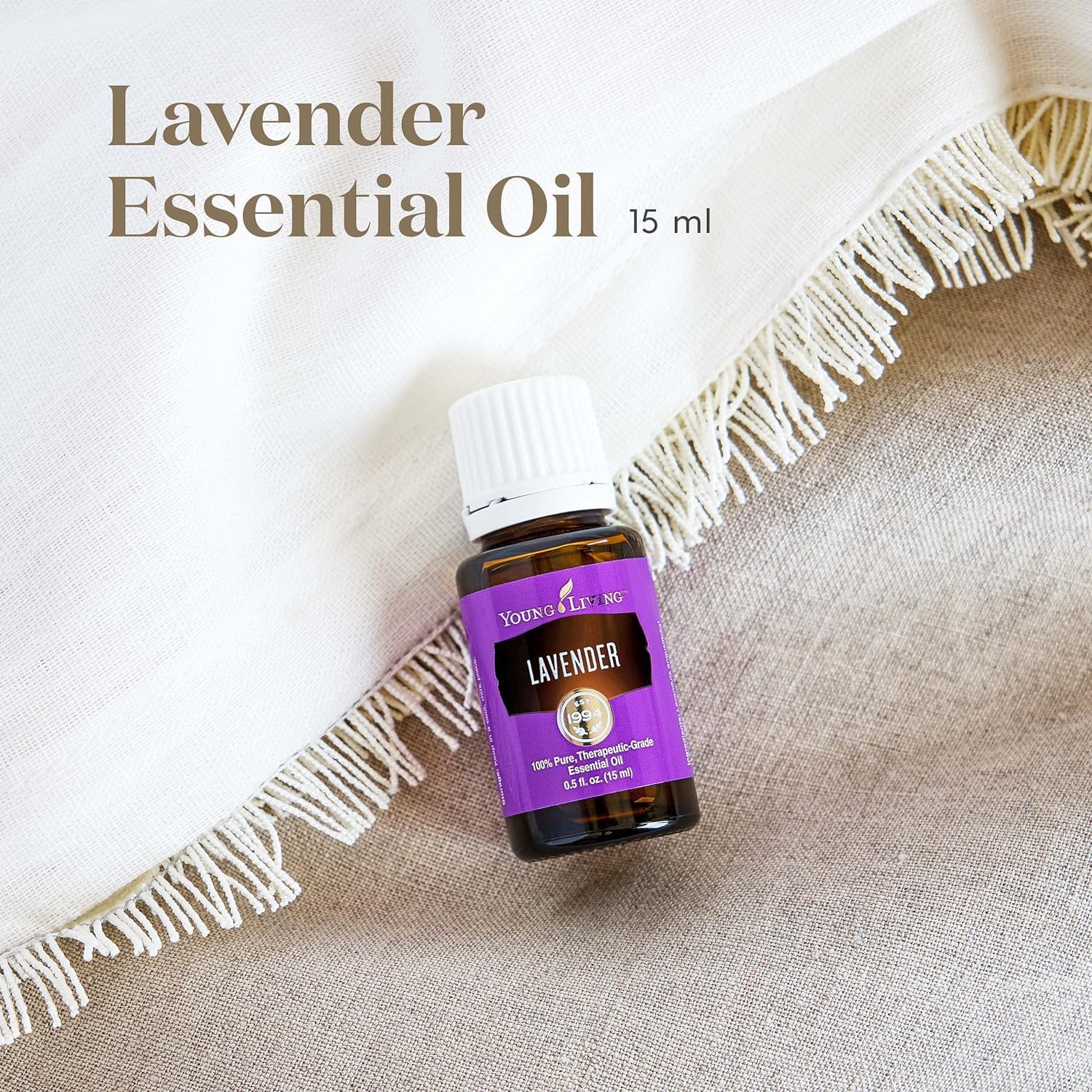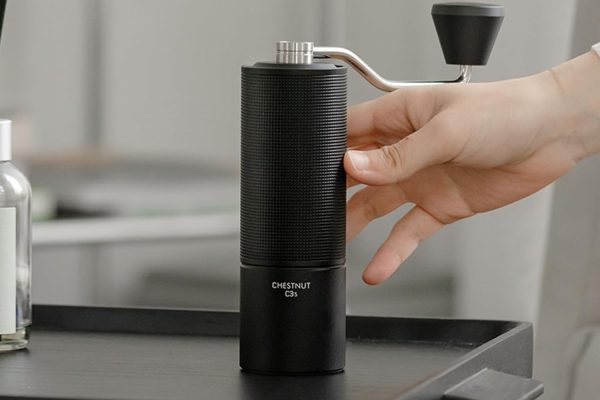
If you’re caring for someone with Alzheimer’s disease, you’ve probably wondered whether natural approaches could help support their memory and cognitive function. Essential oils have gained attention as potential complementary therapies, but separating fact from marketing hype requires understanding what the science actually shows.
Is there a single “most effective” essential oil that dramatically reverses Alzheimer’s memory loss? Research does suggest certain oils may offer modest benefits as part of a comprehensive care approach – when used safely and under medical guidance.
What the Research Actually Reveals
The Reality Check You Need
Before diving into specific oils, here’s what rigorous scientific reviews consistently conclude: there is not a lot of convincing evidence that aromatherapy definitively improves memory or cognitive performance in people with dementia.
That said, preliminary studies do show promise for certain essential oils in managing behavioral symptoms and potentially supporting cognitive function. The key is understanding these are complementary approaches, not miracle cures.
Why Essential Oils Attract Scientific Attention
Researchers are interested in essential oils for several compelling reasons:
- They can potentially bypass the blood-brain barrier through direct olfactory pathways
- Many demonstrate multiple beneficial mechanisms simultaneously
- They may help manage behavioral symptoms that impact quality of life
- Some show neuroprotective properties in laboratory studies
Essential Oils with the Strongest Research Support
1. Lemon Balm (Melissa officinalis) – The Front Runner
Lemon Balm Essential Oil [click to view…]
Evidence Level: Moderate (Strongest among essential oils)
Lemon Balm stands out as having the most robust human clinical evidence for Alzheimer’s-related cognitive support. Research highlights include:
- Clinical trials: Studies involving patients with mild to moderate Alzheimer’s found lemon balm significantly improved cognitive functioning compared to placebo
- Safety profile: Generally well-tolerated with calming properties
- Additional benefits: Helps reduce anxiety, insomnia, and agitation
- Cost consideration: More expensive than other oils but potentially more effective
2. Rosemary – The Memory Supporter
Young Living Rosemary Essential Oil [click to view…]
Evidence Level: Moderate
Rosemary has demonstrated consistent benefits across multiple study types:
- Human studies: Shows ability to boost short-term memory in both adults and children
- Cognitive performance: Improves both speed and accuracy of memory tasks
- Mechanism: Contains compounds that inhibit acetylcholinesterase, similar to some Alzheimer’s medications
- Stimulating properties: May help with mental alertness
3. Peppermint – The Alertness Enhancer
Young Living Peppermint Essential Oil [click to view…]
Evidence Level: Moderate
Peppermint oil shows particular promise for attention and alertness:
- Memory tests: Enhances performance on memory and attention assessments
- Mental clarity: Improves feelings of alertness, reaction time, and mental quickness
- Neuroprotection: Animal studies suggest it may protect brain neurons
- Respiratory benefit: Can improve breathing, which supports brain oxygenation
4. Lavender – The Behavioral Symptom Manager
Young Living Lavender Essential Oil [click to view…]
Evidence Level: Mixed (Better for behavioral symptoms than direct memory)
While lavender shows mixed results for memory enhancement, it excels at managing challenging behaviors:
- Sleep quality: Consistently improves sleep in dementia patients
- Agitation reduction: Helps calm aggressive or restless behaviors
- Anxiety relief: Provides natural calming effects
- Caution: Some studies suggest potential memory impairment at high doses
Essential Oil Research Evidence Comparison

How Essential Oils May Work in Alzheimer’s Disease
Understanding the Science Behind the Benefits
Essential oils may influence Alzheimer’s symptoms through several fascinating mechanisms:
Direct Nose-to-Brain Connection
Unlike other treatments that must navigate the bloodstream, inhaled essential oils can reach the brain directly through the olfactory nerve. This pathway:
- Bypasses the blood-brain barrier that blocks many medications
- Directly stimulates the limbic system involved in memory and emotion
- Provides rapid access to brain regions affected by Alzheimer’s
- Works even when other cognitive functions are impaired
Multiple Therapeutic Actions
Research suggests essential oils may help through:
- Acetylcholinesterase inhibition: Increasing levels of acetylcholine, a key memory neurotransmitter
- Antioxidant effects: Protecting brain cells from oxidative damage
- Anti-inflammatory properties: Reducing brain inflammation linked to cognitive decline
- Stress reduction: Lowering cortisol levels that can worsen memory problems
- Sleep improvement: Supporting restorative sleep crucial for memory consolidation
Critical Safety Considerations
Essential Safety Guidelines Before Use
Essential oils are highly concentrated compounds that require careful handling, especially for Alzheimer’s patients who may be on multiple medications.
Drug Interactions You Must Know
Cholinesterase Inhibitors (Donepezil, Rivastigmine, Galantamine)
- Essential oils with similar mechanisms could amplify medication effects
- Risk of increased side effects: nausea, vomiting, diarrhea, slow heart rate
- Oils to use cautiously: Rosemary, Peppermint, Sage, Lavender
Blood Thinners (Warfarin, Aspirin)
- Some oils have blood-thinning properties
- Avoid oils containing coumarins or eugenol
- Never use: Cinnamon bark, Clove, Lemon (high concentrations)
Sedatives and Sleep Medications
- Lavender and similar oils may enhance sedative effects
- Risk of excessive drowsiness and falls
- Monitor closely if combining with sleep aids
Proper Usage Guidelines

Young Living Desert Mist Ultrasonic Essential Oil Diffuser [click to view…]
Safe Application Methods:
- Inhalation: Use diffusers in well-ventilated areas for 30-60 minute intervals
- Topical: Always dilute with carrier oils (coconut, jojoba, sweet almond)
- Never ingest: Most oils are toxic if swallowed undiluted
- Patch test: Check for skin reactions before widespread use
Storage and Handling:
- Keep away from children and pets (many oils are toxic to animals)
- Store in cool, dark places away from heat sources
- Essential oils are highly flammable
- Wash hands thoroughly after handling
Realistic Expectations and Implementation
What Essential Oils Can and Cannot Do
Essential oils may help with:
- Reducing agitation and behavioral symptoms
- Improving sleep quality
- Supporting overall well-being and comfort
- Providing modest cognitive support as part of comprehensive care
Essential oils cannot:
- Cure or reverse Alzheimer’s disease
- Replace prescription medications
- Prevent disease progression
- Restore lost memories or cognitive abilities
Working with Healthcare Providers
Before starting any essential oil regimen:
- Discuss with the primary physician: Review current medications and health conditions
- Consider consulting specialists: Neurologists familiar with Alzheimer’s care
- Start slowly: Begin with short exposure times and monitor responses
- Document effects: Keep records of any changes in behavior or symptoms
- Regular monitoring: Schedule follow-up appointments to assess safety and effectiveness
Practical Implementation Strategies

For Caregivers:
- Morning routine: Use stimulating oils like rosemary during active hours
- Evening routine: Switch to calming oils like lavender before bedtime
- Environmental approach: Create consistent aromatic environments
- Individual responses: Pay attention to personal preferences and reactions
- Backup plans: Have alternative approaches ready if oils cause adverse reactions
Quality Considerations:
Essential oils aren’t regulated like medications, so quality varies significantly:
- Choose reputable suppliers with third-party testing
- Look for pure, undiluted oils without synthetic additives
- Avoid unusually cheap products that may be adulterated
- Consider organic options when available
- Store properly to maintain potency and safety
The Bottom Line: Evidence-Based Recommendations
Current research suggests that while essential oils shouldn’t be viewed as primary treatments for Alzheimer’s memory loss, they may offer valuable complementary benefits when used appropriately.
Lemon Balm emerges as the most promising option based on human clinical trials, followed by Rosemary and Peppermint for cognitive support. Lavender shows particular strength for managing behavioral symptoms that can indirectly support cognitive function.
Key Takeaways:
- No miracle cure exists: Essential oils are complementary, not curative treatments
- Medical supervision is essential: Always involve healthcare providers in treatment decisions
- Safety first: Understand drug interactions and proper usage guidelines
- Individual responses vary: What works for one person may not work for another
- Behavioral benefits may be strongest: Focus on overall quality of life improvements
- Quality matters: Choose high-quality, pure essential oils from reputable sources
Moving Forward:
If you’re considering essential oils for Alzheimer’s care, start by discussing the options with your healthcare team. They can help assess whether this approach fits safely into the overall care plan and monitor for any interactions or adverse effects.
Remember that the most important aspects of Alzheimer’s care remain proven medical treatments, a safe environment, social support, and maintaining quality of life. Essential oils may provide an additional layer of comfort and support, but they work best as part of a comprehensive approach rather than a standalone solution.
The field of essential oil research for neurological conditions continues advancing. As more rigorous clinical trials emerge, our understanding of their potential benefits and limitations will become clearer. Until then, a cautious, medically-supervised approach offers the best balance of potential benefits and safety for those affected by Alzheimer’s disease.
Dora Decora is a biophilic interior design specialist and passionate blogger. With a deep commitment to integrating nature into living spaces, Dora specializes in creating environments that foster human-nature connections through thoughtful design elements. Her approach emphasizes sustainable materials, natural lighting, and organic patterns that enhance wellbeing and reduce environmental impact.
This post (https://homechroma.com/most-effective-essential-oil-for-improving-alzheimers-memory-loss) was originally published by Dora Decora on Home Chroma. As an Amazon Associates partner, we are compensated for all qualifying purchases.
































